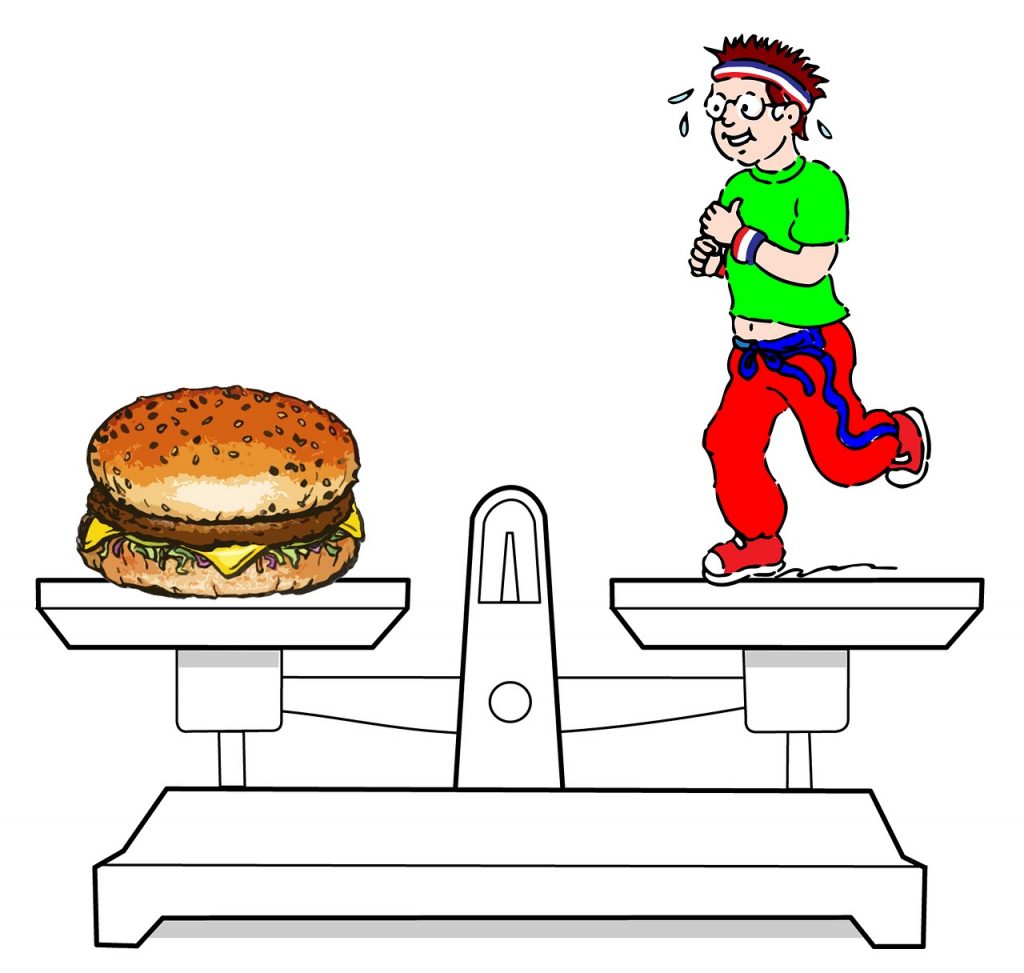When to stop eating ? This is a question that bothers everyone. Some say, stop eating just before your stomach gets full. Then there are others who say, do not eat stomach full. Eat only 80 percent of your stomach capacity. But then how does one know what is their stomach capacity. One can not peep into his/ her stomach and see if it is just full or 80 percent full.

When to stop eating? When our tummy tells us so? But haven’t we grown up being taught to finish off everything what’s on the plate, even when our stomach is begging to stop? Haven’t we cleaned up our plates to every last bite of that tempting, sugar laden dessert because it was so delicious, even when the belt on the waist is like “Oh, so tight”? Or the Buy one, Get one free offer was too good to resist and now you have to finish them both?! We tend to override the Stomach Full meter many times. Sometimes knowingly, sometimes unknowingly! And in doing so repeatedly the stomach becomes used to this new high full level and we end up eating more than the requirement. So how do we know when to stop?
Understand your body. Insulin, Ghrelin and Leptin control the hunger of our body. Insulin, secreted by the Pancreas, works in tandem with glucagon, also secreted by pancreas. Insulin lowers blood sugar levels and glucagon raises blood sugar level. Ghrelin, secreted by the stomach cells increases appetite and stimulates the growth hormone. Leptin, secreted by the fat cells, acts as an appetite suppressor, and signals the brain that it has enough reserves. But then some researchers are of the view that it is the leptin that regulates ghrelin and that ghrelin probably does not play as important a role as thought earlier. Also, in many who have developed Insulin Resistance (IR), improper uptake of sugar by the cells leaves an individual constantly hungry and craving for carbohydrates.

Count Your Calories. The calorie or the daily energy requirement determines how much food we should consume in a day. The calorie requirement of an individual is calculated based one’s physical activity level, physiological condition, age, gender etc. The total calories thus calculated are then divided into number of meals you consume each day. Weight loss requires one to consume lesser calories as against the expenditure of the daily calories and vice versa if looking for weight gain.
Make Healthy Choices. Diet with more complex carbohydrates and high in proteins helps suppress ghrelin. A diet rich in fibre, fresh vegetables and fresh fruits, gives an early feeling of satiety. Opt for healthy choices for intermittent snacking, like soaked almonds, muskmelon seeds, popcorn, raw salads etc. Learn to differentiate between psychological and actual hunger. Not all food cravings or hunger is physical hunger, it can be hunger out of boredom or stress.
Tips :
1. Keep yourself well hydrated. Drink plenty of water.
2. Chew your food well.
3. Fill the plate only once. Avoid second serving. Try filling the empty pockets in the plate with salad.
4. Avoid eating out of your meal timings or only when your stomach feels hungry.
Learn more about your Healthy Food Plate .



